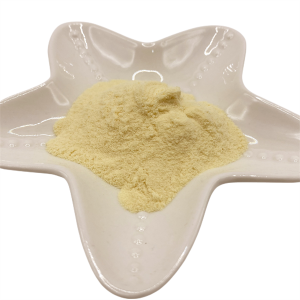Yes, plant roots can absorb amino acids. Here’s how this process works and its significance:
Mechanism of Absorption
Transport Proteins: Plant roots have specific transport proteins that facilitate the uptake of amino acids from the soil solution. These proteins can recognize and transport various amino acids into the root cells.
Concentration Gradient: Amino acids can be absorbed through passive and active transport mechanisms, depending on the concentration gradient and the energy available.
 |
 |
Benefits of Amino Acid Absorption
Nutrient Availability: Absorbing amino acids directly allows plants to access nitrogen and other essential nutrients more efficiently, especially in nutrient-poor soils.
Stress Mitigation: When plants absorb amino acids, they can better cope with environmental stresses, as these compounds help stabilize cellular functions and promote growth.
Root Development: The presence of amino acids in the soil can stimulate root growth, enhancing the plant’s ability to absorb water and nutrients.
Conclusion
In summary, plant roots can effectively absorb amino acids, which play a crucial role in nutrient uptake, stress response, and overall plant health. This ability makes amino acids an important component of soil fertility and plant nutrition strategies.
Post time: Sep-29-2024




